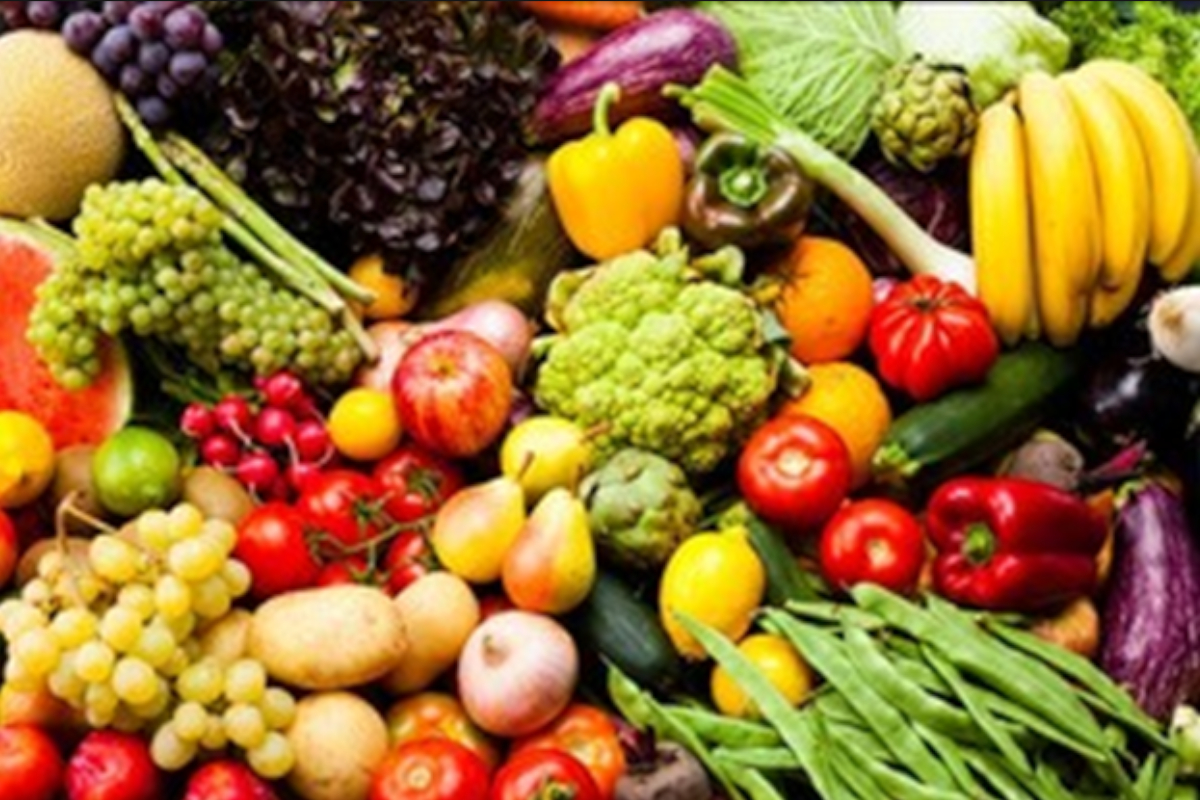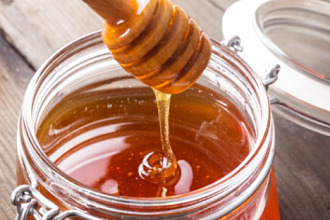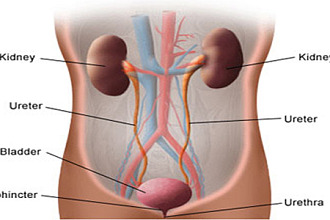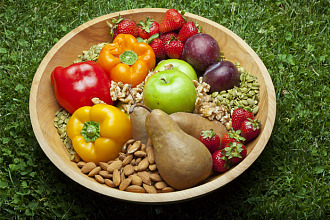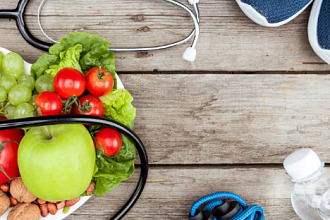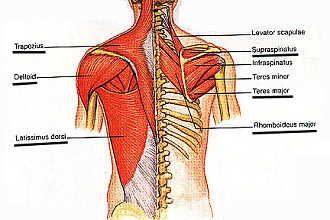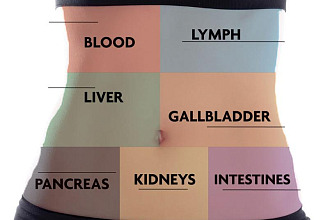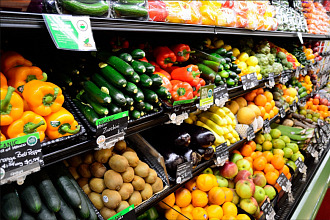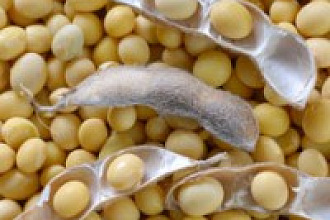Dieting? How would you like to daily enjoy a variety of fresh fruits, plenty of colorful and tasty vegetables, wholesome whole grains, a bounty of beans, and soul-satisfying nuts and seeds? This is no sparse diet -- you know -- the chicken broth and six frozen grape meals that drive you to the vending machine? How would you like to eat more and weigh less? Plant foods provide that benefit. The advantages of fiber foods are truly impressive.
Fiber foods can help you reach and maintain healthy weight. They are low in calories, high in fill-up value, and may also increase metabolism. A large study of middle-age women found that those who ate more fiber-rich grains, such as oatmeal and whole grain breakfast cereals, gained less weight over time than women who got the least fiber in their diets (1). The intake of three types of fruit a day has also been shown to help with weight loss (2).
Perhaps this is why vegetarians tend to have less overweight and obesity (3). Fiber foods can be a tremendous aid in weight loss (4) Instead of a quick, greasy pizza slice for dinner, why not enjoy a bowl of black beans and rice, a fresh salad, and a slice of corn bread?
When you eat plant foods, you feel full before you eat too many calories. Plant foods are lower in calories but high in long-term satisfaction, so you don't crave high-calorie snacks. Instead of a donut and coffee for breakfast, try a half grapefruit, some fresh strawberries, whole wheat toast with peanut butter and applesauce, and a cup of fortified soy milk.
The slow-release energy from plant foods also helps maintain consistent serotonin levels, which help control your mood, appetite, and cravings through the day. Severely calorie-restricted diets and very high-protein, low-carbohydrate diets cause a drop in brain serotonin. If your serotonin level drops, you may feel down, which may cause a craving for sweets. So, help keep your serotonin levels balanced by eating high-fiber foods that are rich in complex carbohydrates, such as beans, legumes, whole grains, pasta, leafy vegetables, fresh fruits, and nuts.
Complex carbohydrates are the best "octane" fuel for the brain. Instead of skipping meals and fueling up on coffee to keep going, take time for a wholesome, satisfying meal. Such meals will release energy over the next 4-6 hours. Consuming high-fiber foods, especially high-fiber cereals, may be one simple method of reducing fatigue (5). High-fiber foods may also improve brain function because they provide a steady release of glucose, the optimal fuel for your brain.
Whatever you do, be on the offensive by planning meals that will curb cravings later in the day. High-fiber foods provide a powerful package of healthful benefits such as vitamins, minerals, phytochemicals, and antioxidants to keep your appetite satisfied and enhance your physical and mental health.
References
- Relation between changes in intakes of dietary fiber and grain products and changes in weight and development of obesity among middle-aged women. Liu S, et al. Am J Clin Nutr 2003 Nov: 78(5) 920-7.
- Weight loss associated with a daily intake of three apples or three pears among overweight women. Conceicao de Oliveira M, et al. Nutrition 2003 Mar: 19(3) 253-6.
- Sabate J, Blix G. Vegetarian Nutrition. (New York, NY: CRC Press, 2001).
- What is a high fiber diet? Wolever TM, Jenkins DJ. Adv Exp Med Biol 1997: 427: 35-42. Review.
- Ibid.

